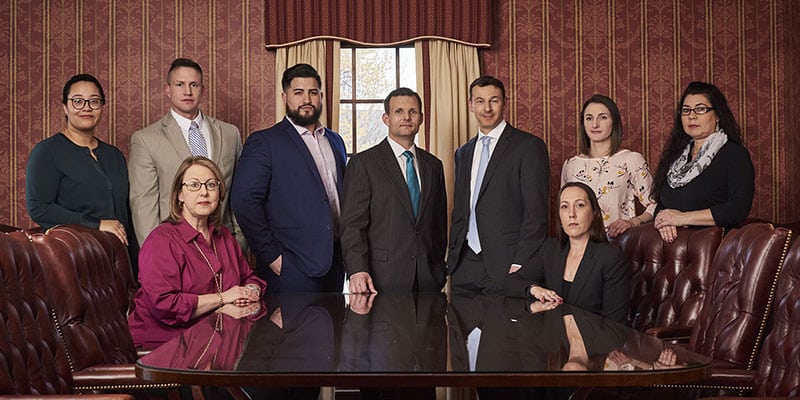Material False Statement
For a person to commit perjury, the false statement must be material to an issue or point in question. North Carolina courts have explained that “[t]he false statement must be so connected with the fact directly in issue as to have a legitimate tendency to prove or disprove such fact.”
Under the Constitution, a criminal conviction requires that a jury determine that a defendant is guilty of every element of a crime beyond a reasonable doubt. Because the materiality of the false statement is an element of the crime of perjury, a person being prosecuted for perjury has a Constitutional right to have a jury determine the materiality of the false statement.
The materiality of the false statement can depend not only on the matter at issue but also on the type of proceeding. For example, because a grand jury has a wide-ranging investigative function, the materiality of statements is more broadly construed. The U.S. Supreme Court has stated that
Materiality of statements made in a grand jury investigation may more readily appear than that of similar evidence offered on an issue of civil or criminal litigation, since the purpose of the investigation is to get at facts which will enable the grand jury to determine whether formal charges should be made against someone rather than prove matters directly at issue.
Therefore, if a false statement before a grand jury has the effect of influencing or dissuading the grand jury from pursuing an investigation, the statement is material.

